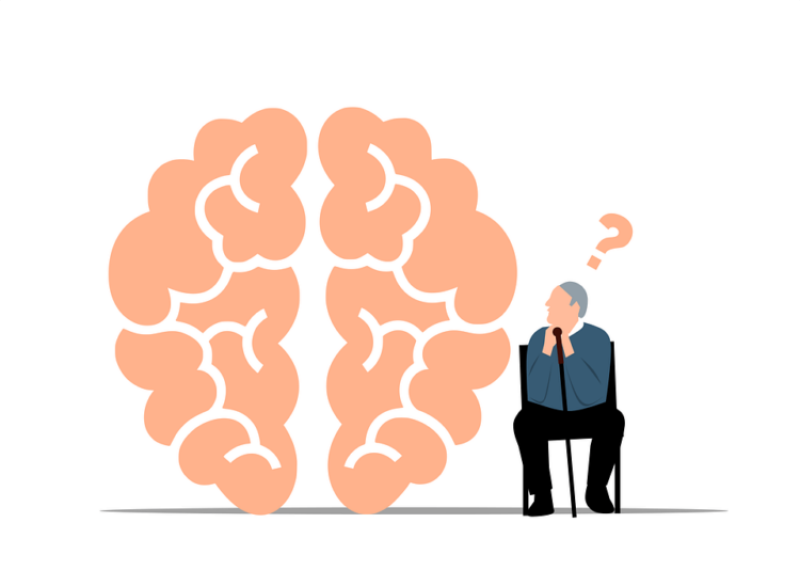Doug Whitney inherited the same gene mutation that gave Alzheimer’s disease to his mother, brother and generations of other relatives by the unusually young age of 50.
Yet he’s a healthy 73, his mind still sharp. Somehow, the Washington man escaped his genetic fate.
So did a woman in Colombia who dodged her own family’s similar Alzheimer’s destiny for nearly three decades.
To scientists, these rare “escapees” didn’t just get lucky. They offer an unprecedented opportunity to learn how the body may naturally resist Alzheimer’s.
“It’s unique individuals oftentimes that really provide us with breakthroughs,” said Dr. Eric McDade of Washington University in St. Louis, where Whitney’s DNA is being scoured for answers.
The hope: If researchers could uncover and mimic whatever protects these escapees, they might develop better treatments — even preventive therapies — not only for families plagued by inherited Alzheimer’s but for everyone.
“We are just learning about this approach to the disease,” said neuropsychologist Yakeel Quiroz of Massachusetts General Hospital, who helped study the Colombian woman. “One person can actually change the world — as in her case, how much we have learned from her.”































